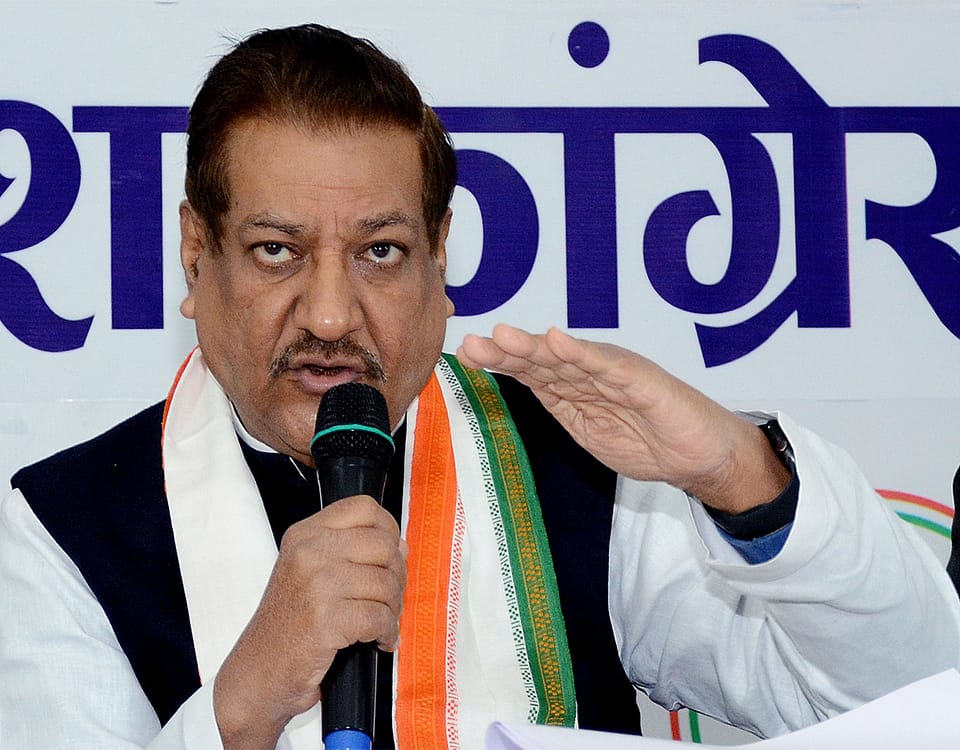
Pakistan look to revive Women’s World Cup campaign against Australia
October 7, 2025
South Africa Arrive in Lahore as Pakistan Gears Up for Test Series
October 8, 2025Islamabad, 8 October 2025 — As Pakistan and the International Monetary Fund (IMF) wrap up the second half-year review of the $7 billion Extended Fund Facility (EFF), a critical impasse threatens to stall progress: the governance and corruption report. Though the broader review is expected to be finalized today and the IMF mission is set to depart, deep differences remain on how and when that report should be published.
Officials from Pakistan’s Ministry of Finance described the negotiation period, which began on 25 September, as “constructive and positive,” but admitted that not all key items are resolved. The IMF team is anticipated to leave today, with further talks expected to continue virtually.
What’s Agreed, What’s Still Unsettled
Moves toward policy reforms
In the course of talks, Pakistan has reportedly made progress on a number of policy fronts:
- Ending tax-free car import schemes that have long been criticized for favoritism and revenue loss
- Phasing out baggage and gift schemes that exempt certain imports
- Tightening the Transfer of Residence (TR) scheme to limit abuse
- On the used vehicle front, the IMF has agreed to permit imports of commercial five-year-old vehicles under certain conditions, subject to stricter controls. To operationalize this, the government must secure approval from the Economic Coordination Committee (ECC) within the month.
These changes, sources say, are seen by Islamabad and the IMF as necessary for closing revenue gaps, reducing distortions, and improving the balance of payments.
The governance and corruption report: core of the deadlock
The more contentious matter is the Governance and Corruption Report — a tool meant to shore up transparency and accountability under the EFF program. According to sources involved:
- The task force that drafted the report has recommended public disclosure of assets held by government officers in grades 17 to 22 (and their immediate families).
- Suggested legal reforms include amendments to the Civil Servants Act, Election Act, NAB Ordinance, and FIA Act, to strengthen accountability and investigative powers.
- The draft also calls for capacity building in investigative institutions and public awareness initiatives to reduce corruption.
The IMF is holding firm: publication and implementation of this report are nonnegotiable. Islamabad, on the other hand, is raising concerns about timing, legal due process, political backlash, and whether wholesale disclosure at this juncture is feasible—both administratively and politically.
Stakes & Risks
For Pakistan
- Tranche release: The third tranche under the EFF—and the first under the $1.4 billion Resilience & Sustainability Facility (RSF)—are expected to hinge on whether the IMF board views the governance safeguards as credible.
- Political blowback: Publishing asset declarations and corruption assessments may spark resistance from powerful constituencies, exposing internal fault lines.
- Institutional readiness: If disclosed data reveals gaps, weak institutions may come under sudden pressure to act quickly, which they may not be ready for.
- Public trust: Conversely, if Pakistan resists transparency, it could lose legitimacy, both domestically and internationally.
For the IMF & lenders
- Program credibility: If an IMF program doesn’t carry strong governance safeguards, its conditionality and investor confidence may be weakened.
- Precedent setting: How hard the IMF pushes this case may influence its leverage in other countries with weak governance.
- Risk of partial collapse: If Pakistan refuses to budge, the risk is that the IMF could withhold further disbursements—exacerbating Pakistan’s fiscal stress.
What Could Happen Next
- The IMF mission departs officially today. Final outcome may depend on last-hour virtual negotiations.
- If Pakistan agrees, the report may be published soon after, followed by a timeline for legal reforms and compliance monitoring.
- If Pakistan digs in, there may be a delayed tranche release or conditional carve-outs.
- Behind the scenes, some compromises may emerge: for example, phased disclosure, redaction of sensitive data, or agreed exemptions for some offices.
- Political actors (parliament, opposition, media) may enter the fray as asset disclosures and corruption claims become public.




